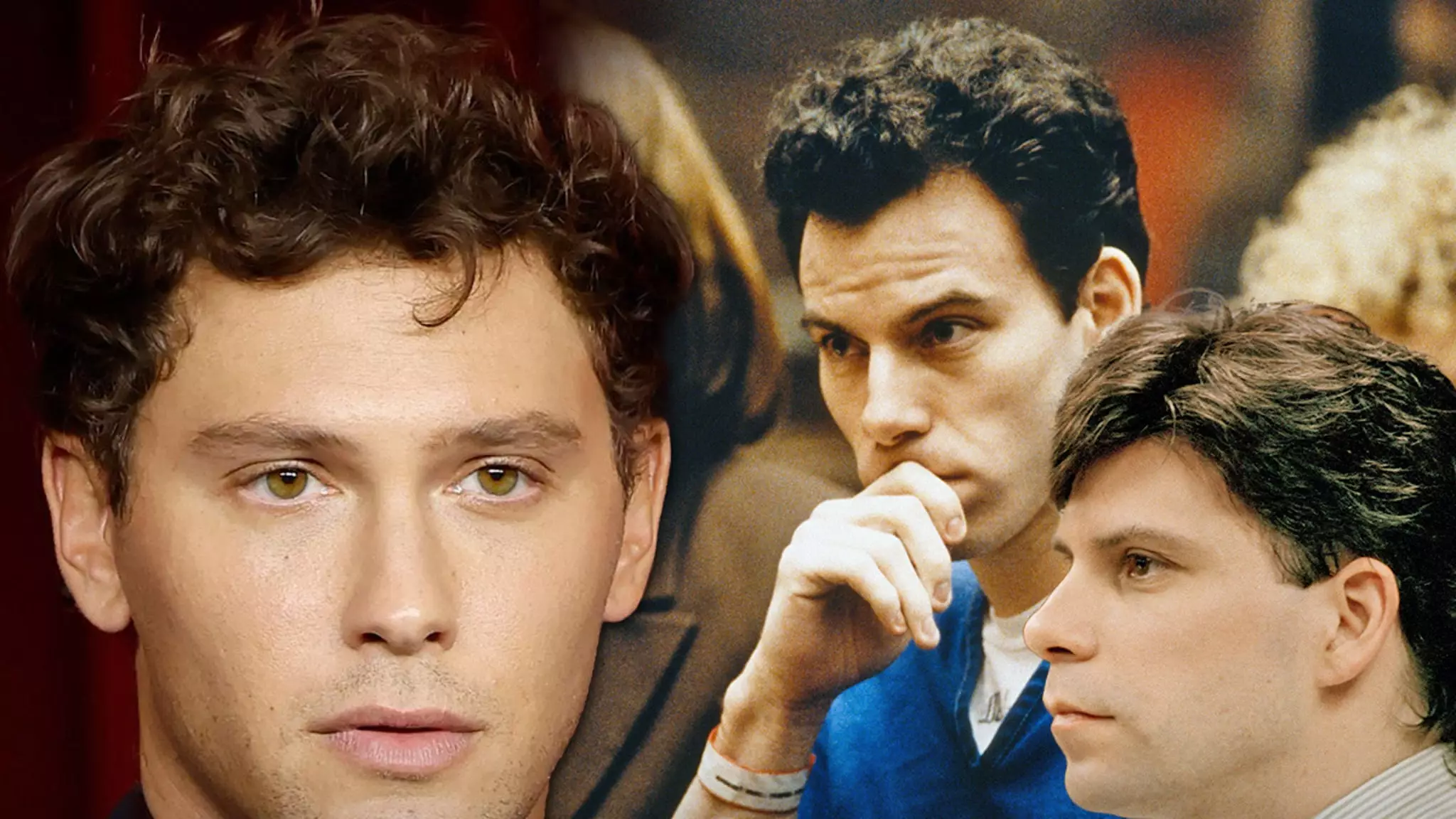In a striking display of solidarity, Cooper Koch, known for his portrayal of Erik Menendez in the Netflix series “Monsters: The Lyle and Erik Menendez Story,” made headlines recently as he attended a court hearing for the Menendez brothers’ resentencing petition. The mere presence of Koch alongside significant family members, such as Erik’s wife, Tammi Menendez, and his stepdaughter, Talia Menendez, highlights the ongoing societal fascination with this chilling narrative surrounding the infamous brothers. His choice to support the hearing reflects not just personal ties to the role but also reinforces a broader dialogue concerning justice and accountability in high-profile criminal cases.
The Legal Landscape of Resentencing
The courtroom confrontations taking place pertain specifically to a contentious motion proposed by Los Angeles County District Attorney Nathan Hochman, who seeks to reject the resentencing petition put forth by the Menendez brothers. Detractors of the brothers often argue about the severity of their crimes, while proponents stress the necessity for a reevaluation of sentences, especially concerning rehabilitation and personal growth over decades in prison. This case epitomizes the tale of two narratives: one of unforgivable acts and another of potential for redemption.
Despite the brothers’ legal team aiming for a sentence reduction that might open avenues for parole, the intricate web of legal proceedings raises pivotal questions about their fate. Even if the judge greenlights the motion, the involvement of the California Board of Parole Hearings further complicates matters. Governor Gavin Newsom has requested that the board critically evaluate the brothers’ risk to societal safety, making the legal battle more intricate than a mere courtroom appearance.
The Cultural Influence of Crime and Redemption
What makes this case extraordinary isn’t merely its legal implications, but rather its status as a cultural phenomenon. The public’s intrigue with the Menendez brothers is fueled by years of media coverage that has transformed them from mere figures in a prosecutorial narrative to complex characters in society’s psyche. Koch’s involvement symbolizes a bridge between entertainment narratives and real-life implications, illustrating how dramatized events can reshape public perception and empathy towards those once seen solely as perpetrators.
Beyond emotional appeals, Koch’s support resonates transparently with a form of activism within the artistic community, one that encourages audiences to re-evaluate the complexities surrounding justice. The portrayal of the Menendez brothers in a series designed to elicit empathy places a magnifying glass over the judicial process, fostering discussions about trauma, family dynamics, and the long-lasting impacts of crime.
Future Implications for the Menendez Brothers
As the hearing unfolds, the overarching theme remains clear: the quest for justice is often muddled by public opinion and judicial politics. While Erik and Lyle Menendez may not be physically present in the courtroom, their narrative continues to evolve through various lenses—be it through family support or media representation. The impending decision from Governor Newsom will transcend the courtroom, potentially altering not just the brothers’ lives, but also how society bellies the interplay of crime and compassion.
This ongoing saga reveals more than just the legal battles of two individuals; it showcases a society grappling with its values and willingness to allow for redemption. As supporters like Koch champion the need for reconsideration, the case remains a profound study of humanity at the intersection of crime, punishment, and potential forgiveness.

